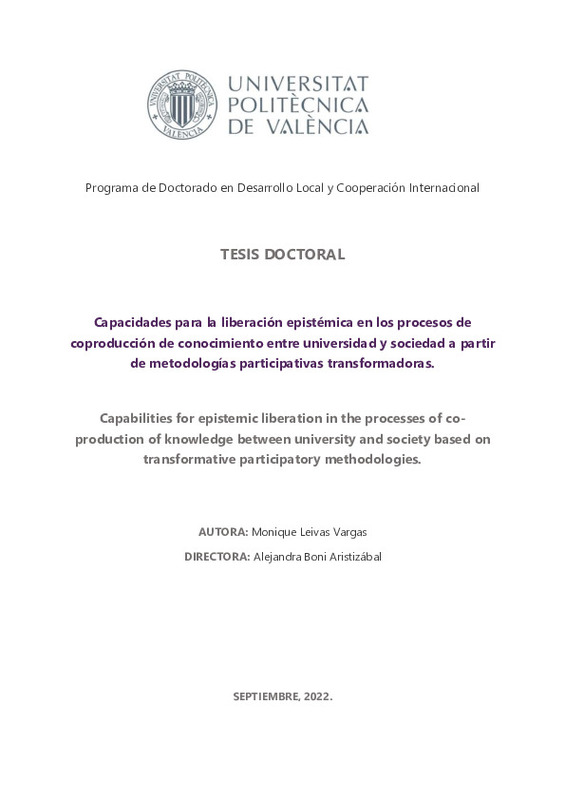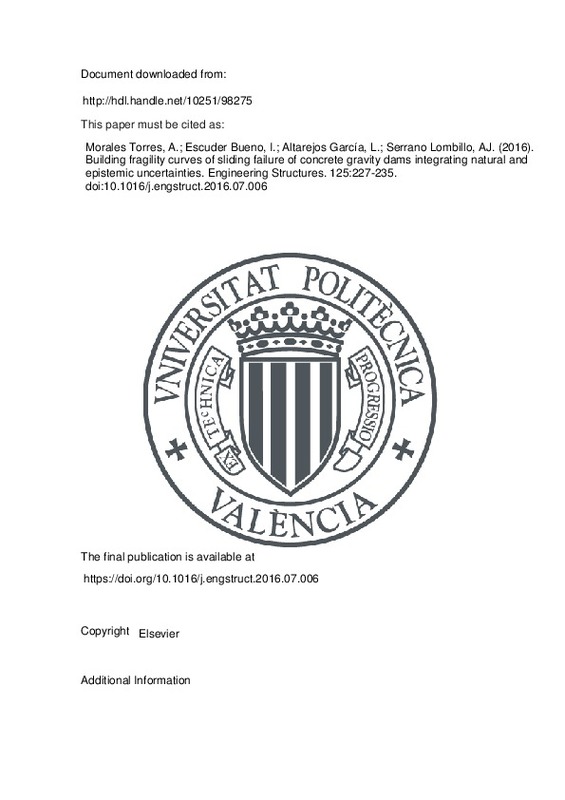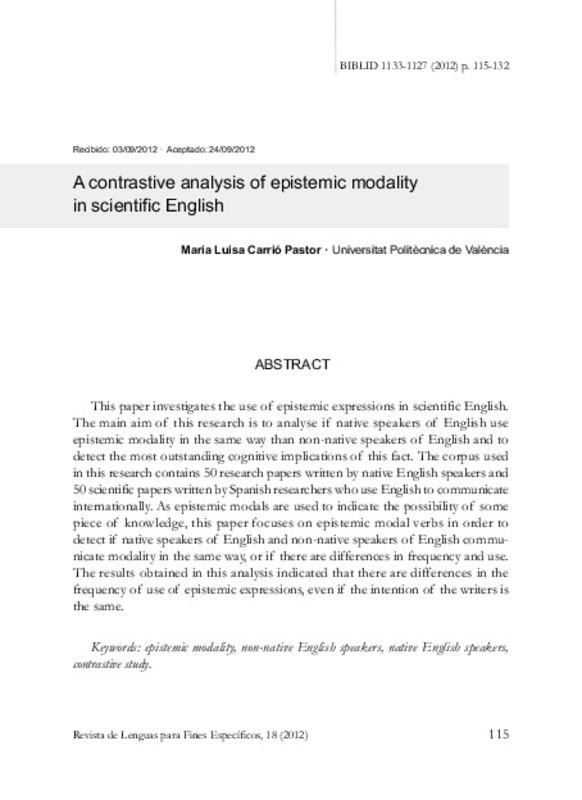JavaScript is disabled for your browser. Some features of this site may not work without it.
Buscar en RiuNet
Listar
Mi cuenta
Estadísticas
Ayuda RiuNet
Admin. UPV
Epistemic Capabilities and Epistemic Injustice: What is the Role of Higher Education in Fostering Epistemic Contributions of Marginalized Knowledge Producers?
Mostrar el registro completo del ítem
Boni Aristizábal, A.; Velasco, D. (2020). Epistemic Capabilities and Epistemic Injustice: What is the Role of Higher Education in Fostering Epistemic Contributions of Marginalized Knowledge Producers?. Global justice: Theory, Practice, Rhetoric. 12(1):1-26. https://doi.org/10.21248/gjn.12.01.228
Por favor, use este identificador para citar o enlazar este ítem: http://hdl.handle.net/10251/157280
Ficheros en el ítem
Metadatos del ítem
| Título: | Epistemic Capabilities and Epistemic Injustice: What is the Role of Higher Education in Fostering Epistemic Contributions of Marginalized Knowledge Producers? | |
| Autor: | Velasco, Diana | |
| Entidad UPV: |
|
|
| Fecha difusión: |
|
|
| Resumen: |
[EN] This paper explores how University as social entity has great potential to
confront epistemic injustices by expanding epistemic capabilities. To do this, we
primarily follow the contributions of scholars such as ...[+]
|
|
| Palabras clave: |
|
|
| Derechos de uso: | Reserva de todos los derechos | |
| Fuente: |
|
|
| DOI: |
|
|
| Editorial: |
|
|
| Versión del editor: | https://doi.org/10.21248/gjn.12.01.228 | |
| Código del Proyecto: |
|
|
| Agradecimientos: |
We are grateful to Alexandre A. Frediani, Andrew Maki and Alexander McFarlane with whom the Lagos VP experience
was designed, developed and analyzed. We would also like to thank the P&R team at the Universidad de Ibagué.
And ...[+]
|
|
| Tipo: |
|












